Written by Dr. Shaghayegh Bozorgzadeh , a maxillofacial surgeon Canada
Respiratory problems, especially disorders related to the structure of the jaw and face, can significantly affect the quality of life of people. These problems may be caused by congenital anomalies, injuries or developmental changes in the structure of the jaw and face. In this article, we will examine the role of maxillofacial surgery in correcting respiratory problems and provide comprehensive information in this field.
Respiratory problems related to the structure of the jaw and face
1. Obstructive sleep apnea (OSA)
Obstructive sleep apnea is one of the most common breathing disorders that occurs due to airway obstruction during sleep. This condition can be caused by a small or receding jaw, a large tongue, or an obstruction in the nasal structure.
2. Nasal and oral breathing disorders
Structural problems in the nose, such as deviated nasal septum or small nasal passages, can lead to mouth breathing, which itself brings other problems such as dry mouth and snoring.
3. Abnormalities of the jaw and face
Abnormalities such as a small or receding jaw, deviation of the jaw, or a narrow maxillary arch can interfere with normal or sleep breathing.
What is more about maxillofacial surgery?
How does maxillofacial surgery correct breathing problems?
Maxillofacial surgery can improve airways and resolve breathing problems by changing the structure of bones and soft tissues.
1. Orthognathic surgery
In this method, the upper and lower jaws are moved to increase the airway space. This surgery is often performed for patients with severe sleep apnea.
2. Expansion of the maxillary arch
This method is useful for patients who have a narrow upper jaw and experience problems in breathing through the nose.
3. Correction of nasal septum deviation
This surgery helps to remove nasal obstructions and improves air flow.
Studying the stages of jaw and facial surgery in Canada
Maxillofacial surgery procedures for respiratory problems
1. Initial assessment and diagnosis
In the first step, the doctor examines the condition of the patient’s jaw and face structures using three-dimensional images (CBCT).
2. Planning surgery
Detailed planning includes 3D simulation and surgical path design to ensure the patient’s breathing improves.
3. Main surgery
This stage includes changing the position of the jaw bones, correcting the nasal septum or expanding the upper jaw.
4. Post-surgery care
Observance of care points such as using cold compresses, taking anti-inflammatory drugs and soft diet is necessary for faster recovery.
Benefits of maxillofacial surgery in correcting respiratory problems
- Increase the quality of sleep
Surgery can improve sleep apnea and snoring and increase the patient’s sleep quality. - Improve the ability to breathe through the nose
Correcting the structural deviations of the nose and jaw enables normal breathing through the nose. - Improved appearance and performance
In addition to correcting breathing problems, this surgery can make the appearance of the face more symmetrical and beautiful.
More information about care after maxillofacial surgery
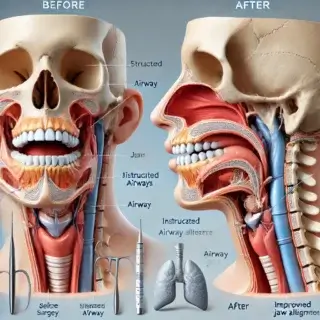
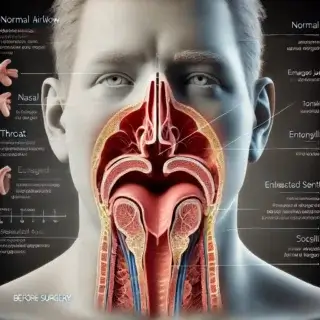

Frequently asked questions about maxillofacial surgery and breathing problems
Is jaw and face surgery painful?
Using modern anesthetics and techniques, pain is controlled during surgery and managed with prescribed medications after surgery.
Is this surgery suitable for everyone?
Depending on the severity of the problem, the doctor will determine if surgery is the best treatment option.
How long does it take to fully see the results of surgery?
Most patients get final results after 6 to 12 months.
Internal links
- What is maxillofacial surgery?
- Jaw and face surgery procedures in Canada
- Book an appointment or call us
External links
- Learn more about sleep apnea at the American Sleep Association
- Modern techniques of maxillofacial surgery in International Society of Maxillofacial Surgery
conclusion
Maxillofacial surgery can play an important role in improving breathing problems, especially in cases where structural problems of the jaw and face are the main cause of airway obstruction. If you suffer from breathing problems or sleep apnea, consultation with Dr. Shaghayegh Bozorgzadeh can be a suitable solution to improve your quality of life.

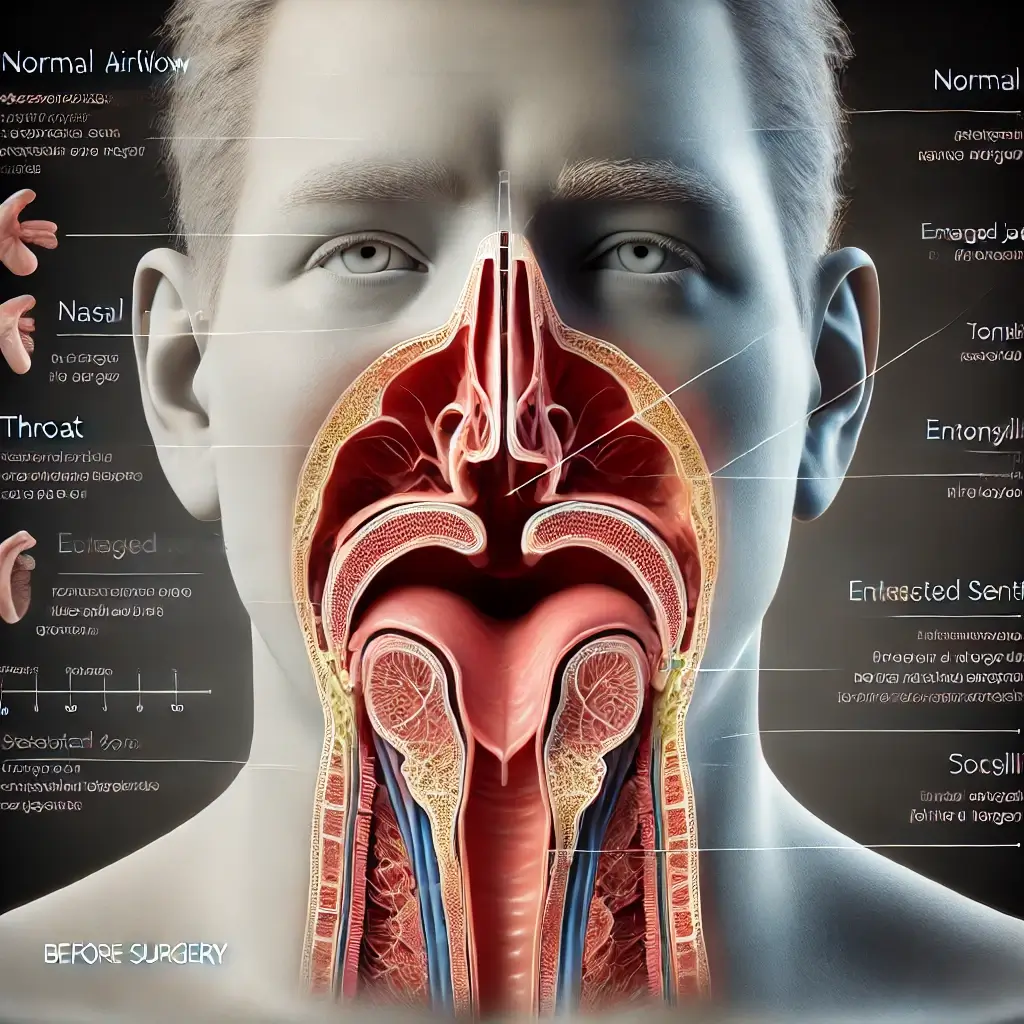

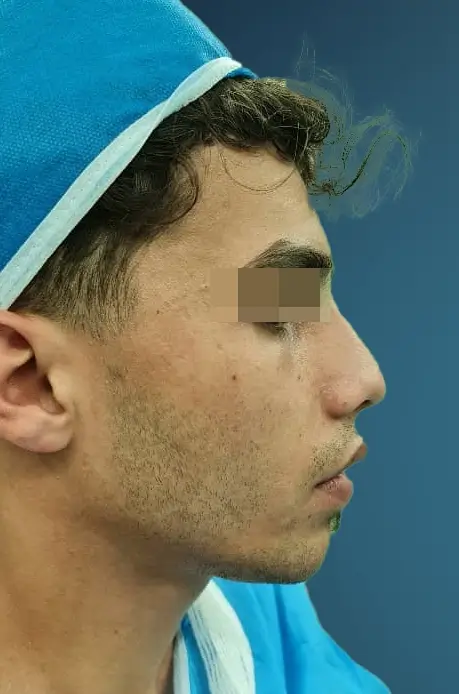
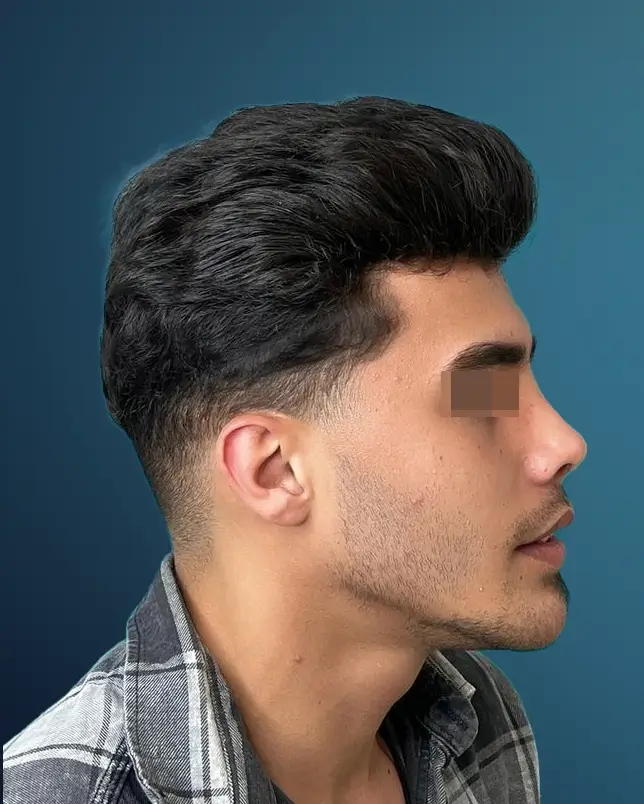
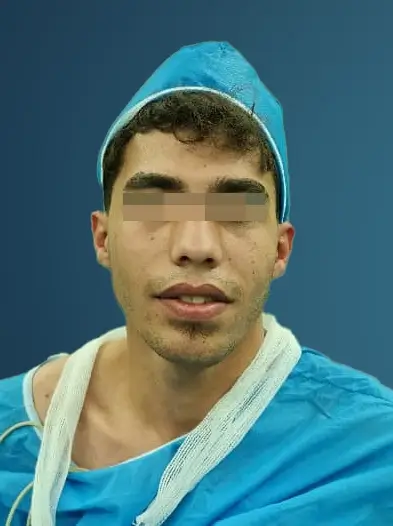
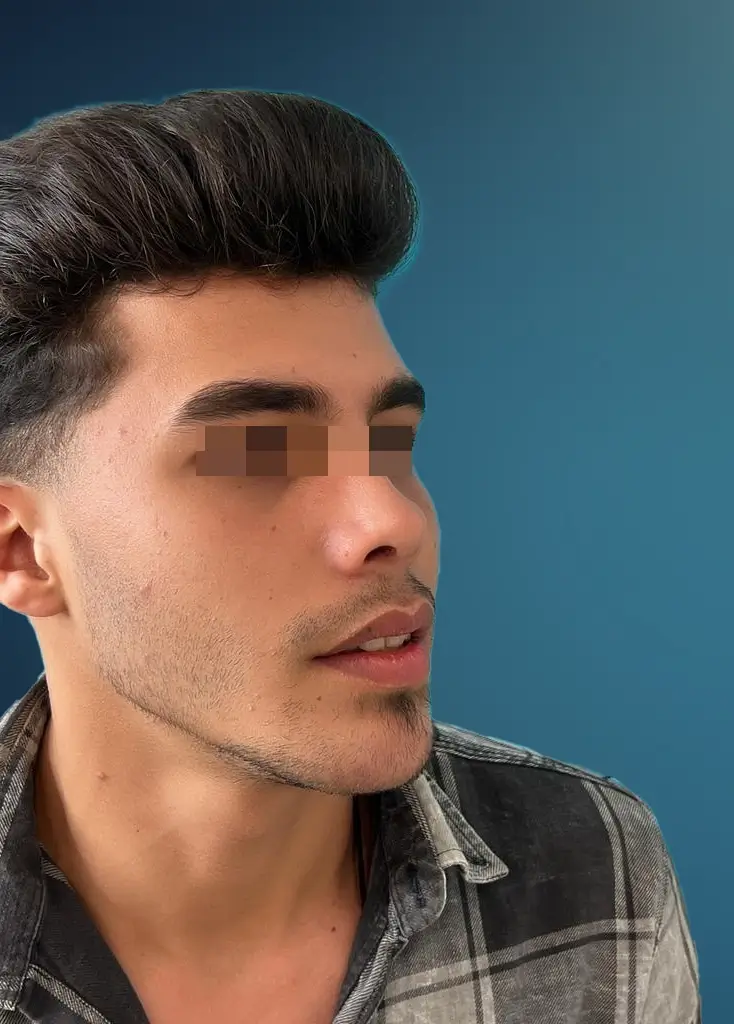
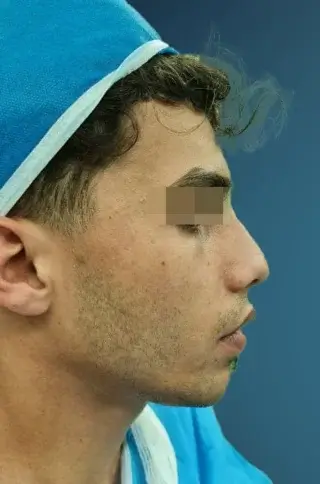 The combination of advancement genioplasty and rhinoplasty to improve respiratory function and beauty in Canada .
The combination of advancement genioplasty and rhinoplasty to improve respiratory function and beauty in Canada . The combination of advancement genioplasty and rhinoplasty to improve respiratory function and beauty in Canada .
The combination of advancement genioplasty and rhinoplasty to improve respiratory function and beauty in Canada . The combination of advancement genioplasty and rhinoplasty to improve respiratory function and beauty in Canada .
The combination of advancement genioplasty and rhinoplasty to improve respiratory function and beauty in Canada . The combination of advancement genioplasty and rhinoplasty to improve respiratory function and beauty in Canada .
The combination of advancement genioplasty and rhinoplasty to improve respiratory function and beauty in Canada .